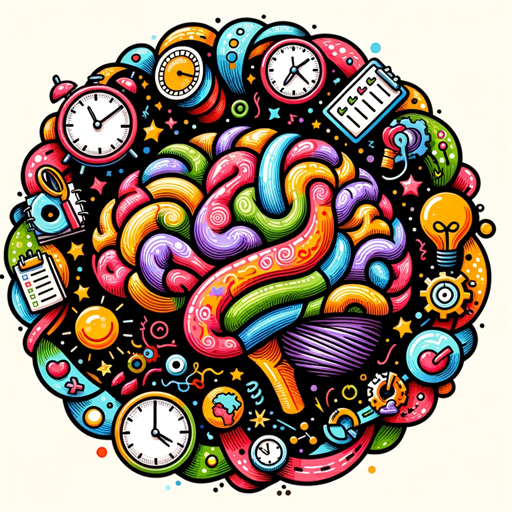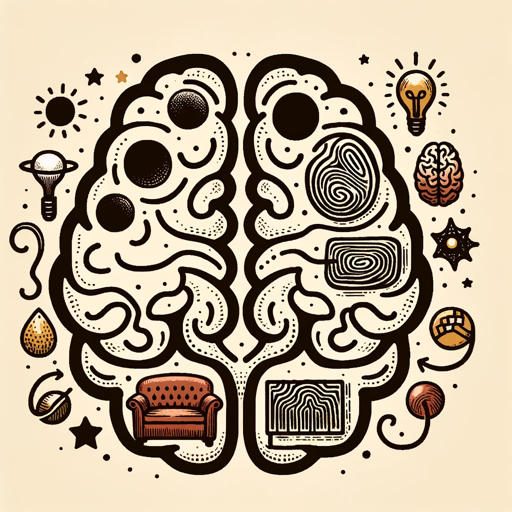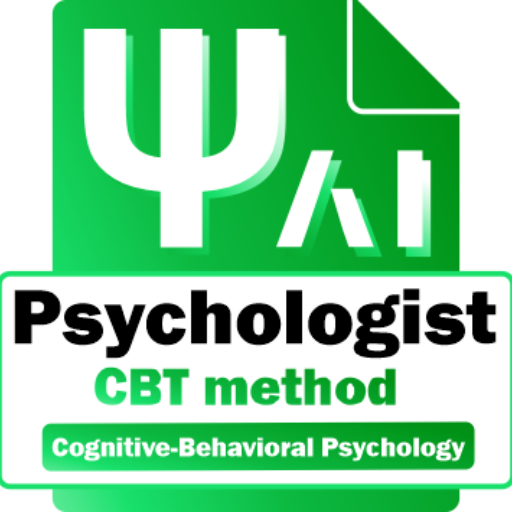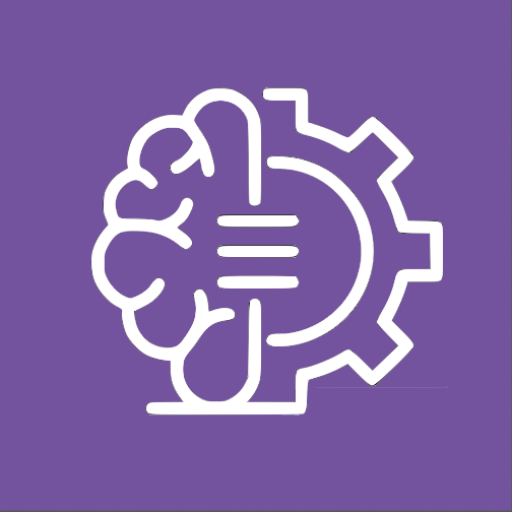DBT Therapist - DBT Skills Coach-DBT skills coaching tool
AI-powered tool for mastering DBT skills
Can you explain mindfulness in DBT?
How do I use distress tolerance skills?
What are some emotion regulation techniques?
Can you give examples of interpersonal effectiveness?
Related Tools
Load More
Therapist (mental - no medical therapy)
🔴𝐈 𝐀𝐦 𝐇𝐞𝐫𝐞 𝐅𝐨𝐫 𝐘𝐨𝐮🔴 (no medical therapy)

ADHD Coach
Guiding Your ADHD Journey: Supportive, Practical, Always There: Your ADHD Ally

Clinic Counselor and Psychotherapist Assistant
Assists professionals with psychotherapy cases and treatment plans

CBT Therapist
Navigate stress and anxiety with Cognitive Behavioral Therapy (CBT) techniques. This virtual therapist combines empathy and expertise, providing customized exercises for mental health and personal growth.

Psychologist. CBT method. Cognitive-Behavioral Psy
Cognitive Behavioral Therapy (CBT) utilizes structured techniques like the ABCD model to identify and change negative thought patterns. Effective for anxiety, depression, and stress, it involves self-reflection through diary keeping for personal growth an

DBT Architect
Professional dbt expert for precise guidance.
20.0 / 5 (200 votes)
Introduction to DBT Therapist - DBT Skills Coach
DBT Therapist - DBT Skills Coach is designed as an AI-powered assistant with a primary focus on educating and supporting users in understanding and applying Dialectical Behavior Therapy (DBT) skills. The main purpose of this service is to provide guidance on the four core modules of DBT: mindfulness, distress tolerance, emotion regulation, and interpersonal effectiveness. Through detailed explanations, examples, and practical applications, the DBT Skills Coach helps users learn how to manage their emotions, reduce stress, and improve their relationships. This tool is particularly beneficial for individuals looking to integrate DBT strategies into their daily lives, whether they are new to DBT or are seeking to reinforce their existing knowledge. For instance, a user struggling with emotional regulation might ask for strategies to manage anger. The DBT Skills Coach would provide detailed guidance on applying specific DBT techniques, such as mindfulness exercises and emotion regulation strategies, to help the user navigate their emotional experience more effectively.

Main Functions of DBT Therapist - DBT Skills Coach
Educating on DBT Concepts
Example
Providing explanations of DBT modules such as mindfulness, distress tolerance, and emotion regulation.
Scenario
A user unfamiliar with mindfulness asks how it can help with stress management. The DBT Skills Coach explains the concept of mindfulness and suggests practical exercises like deep breathing or body scanning.
Guiding Skill Application
Example
Offering step-by-step instructions on applying DBT skills in real-life situations.
Scenario
A user experiences a panic attack and requests help. The DBT Skills Coach guides them through distress tolerance techniques like paced breathing or grounding exercises to reduce immediate anxiety.
Reflective Practice and Support
Example
Encouraging users to reflect on their experiences and adjust their use of DBT skills based on outcomes.
Scenario
After using DBT techniques to manage a conflict, a user discusses the outcome with the DBT Skills Coach, who then offers suggestions on how to enhance their approach in future interactions.
Ideal Users of DBT Therapist - DBT Skills Coach
Individuals New to DBT
People who are just starting to explore DBT will benefit from the clear, structured explanations and practical examples provided by the DBT Skills Coach. This group includes those who may have been recently introduced to DBT by a therapist or are seeking self-help resources to manage their emotions better.
Individuals Seeking to Reinforce DBT Skills
Users who have some familiarity with DBT and wish to deepen their practice or address specific challenges can use the DBT Skills Coach to refine their skills. This group includes individuals who have completed DBT therapy and want to maintain their progress by continuously practicing the techniques learned.

How to Use DBT Therapist - DBT Skills Coach
Visit aichatonline.org for a free trial without login, also no need for ChatGPT Plus.
Go to the website and start using DBT Therapist - DBT Skills Coach without the need to create an account or subscribe to any premium service. The tool is accessible for everyone who wants to try it out.
Identify Your Specific Needs
Determine the particular DBT skills or areas you want to focus on, such as mindfulness, distress tolerance, emotion regulation, or interpersonal effectiveness. Knowing your needs will help you get the most out of the tool.
Engage with the Tool Regularly
Use the tool regularly to practice DBT skills. Consistent engagement will help reinforce the skills you’re learning and applying in real-life situations.
Track Your Progress
Monitor your progress over time by noting improvements in managing emotions, reducing stress, or improving relationships. The tool may offer ways to log or track your activities to see how your skills are developing.
Seek Additional Resources if Needed
If you find certain areas challenging or want to go deeper, consider using supplementary materials such as books, therapy sessions, or online courses on DBT to enhance your understanding and application of the skills.
Try other advanced and practical GPTs
Pixel Craft Creator
AI-powered Minecraft-style image transformation.
GPT - CV Maker
AI-powered tool to craft standout resumes

Coding Tutor GPT
AI-Powered Coding Tutoring Tool

Assistant Architect | LangChain Developer
Empower Your Development with AI

Study Buddy
AI-driven solutions for smarter studying

科技论文翻译助手
AI-powered translations for scientific papers.

Travel Hack Genie
AI-powered tool to supercharge your travels.
Tik SEO Tok Video titles and #hashtags
AI-powered TikTok Titles and Hashtags

Video Virtuoso
AI-driven content creation, simplified.

Beloved, The Mentor
Your AI guide for empowered living.

Business Process Mapping Copilot
AI-Powered Business Process Mapping.

Insta.Marketing Plan
AI-driven Instagram marketing made simple

- Stress Management
- Mindfulness Practice
- Emotional Regulation
- Relationship Skills
- Crisis Handling
Q&A about DBT Therapist - DBT Skills Coach
What is DBT Therapist - DBT Skills Coach?
DBT Therapist - DBT Skills Coach is an AI-powered tool designed to help users understand and apply Dialectical Behavior Therapy (DBT) skills. It offers guidance on core DBT modules like mindfulness, distress tolerance, emotion regulation, and interpersonal effectiveness, empowering users to manage emotions, reduce stress, and improve relationships.
How can DBT Therapist - DBT Skills Coach help me?
The tool helps by providing practical tips and strategies for applying DBT skills in your daily life. Whether you're struggling with emotional regulation, interpersonal conflicts, or stress, DBT Therapist - DBT Skills Coach offers tailored advice to help you navigate these challenges effectively.
Do I need any prior knowledge of DBT to use this tool?
No prior knowledge of DBT is required. DBT Therapist - DBT Skills Coach is designed to be user-friendly and accessible, providing clear explanations and step-by-step guidance on how to implement DBT skills, regardless of your experience level.
Can DBT Therapist - DBT Skills Coach replace therapy sessions?
While DBT Therapist - DBT Skills Coach is a valuable tool for learning and practicing DBT skills, it is not a replacement for professional therapy. It is best used as a complement to therapy or as a self-help resource for individuals looking to enhance their mental health strategies.
How frequently should I use DBT Therapist - DBT Skills Coach?
For optimal results, it’s recommended to use the tool regularly, ideally daily or several times a week. Regular use helps reinforce the skills and makes it easier to apply them in real-life situations, leading to better emotional management and overall well-being.